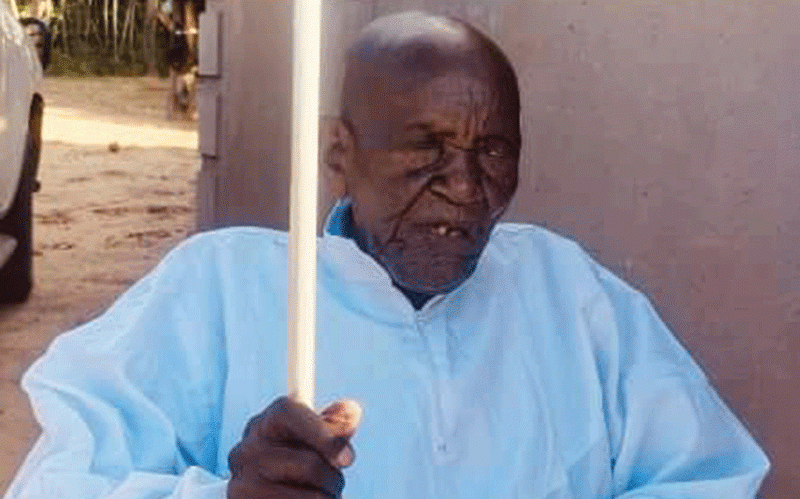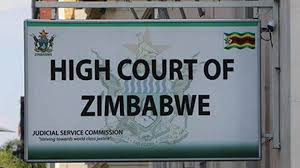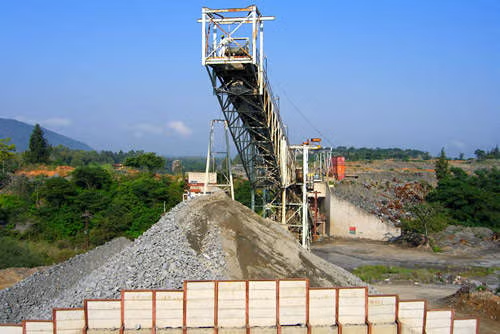
In Zimbabwe, the echoes of the liberation war that once brought hope for a better future have now been overshadowed by a new wave of destruction and hate. The ruling party, Zanu-PF, has been accused of using land evictions as a tool to maintain power and suppress dissent. What was once seen as a means of redistributing land to correct historical injustices has now turned into a politically motivated campaign of house demolitions and forced evictions.
The roots of this crisis can be traced back to Zanu-PF's manipulation of land distribution for political gain. The party used its proxies to sell land to individuals, believing that this would help secure votes and weaken opposition strongholds. In the process people were encouraged to build homes on this land, only to later face the devastating reality of eviction.
The evictions have been particularly rampant in urban areas, where residents have invested their hard-earned money and labor to build homes for their families. Many of these houses were officially opened with pride and joy, only to be reduced to rubble in a matter of days. The destruction of these homes not only causes immense emotional distress but also leaves families homeless and vulnerable.
Some land owners and high profile members of opposition such as Eminence Yemurai Dube and husband Bongani Dube of Lobengula West, Magwegwe, Bulawayo believe they may have been targets due to their continued support of Advocate Nelson Chamisa. They expressed their fear and trauma to this writer when the police visited their houseand the subsequent breaking of their property. Its sad that they had just escaped Zimbabwe in fear of their life
Property owner Theodora Mudambanuki was angry to learn about her property that was demolished and she this left her with little hope for her family in Zimbabwe. People in diaspora have a clear thought that they are the main targets as they are the main people who have been sold the land through such programmes as the government Special Purpose Vehicle for Accelerating the Allocation of Land to both Zimbabweans in the country and those in the diaspora. Many who have shown that they did not agree with Zanufying of land and they are now being targeted. People are left homeless and many of them had invested all their savings in the building of houses and their properties crushed in the early morning some without warnings and others in rural areas that have arable land was taken for the use by children of top officials.
The eviction process itself is often marked by violence and intimidation, with reports of security forces using excessive force against defenseless civilians. The lack of due process and respect for human rights further compounds the injustice faced by those being evicted. Many families are left with no choice but to watch helplessly as their homes are destroyed, their possessions looted, and their lives upended.
The ongoing land evictions in Zimbabwe have sparked outrage both domestically and internationally. Human rights organizations have condemned the government's actions and called for an immediate halt to the evictions. We call on the United Nations to raise concerns about the violation of basic rights and the humanitarian crisis unfolding as a result of these forced displacements.
As the evictions continue unabated, the people of Zimbabwe are left grappling with uncertainty and fear for their future. The once-promising vision of land reform has been tarnished by corruption, greed, and political manipulation. The trail of destruction and hate left in the wake of these evictions serves as a stark reminder of the deep-seated injustices that continue to plague the country.
- Zim fails US fiscal test
- Medical aid societies defend service charges
- Mystery buyer of diamonds outed
- Mystery buyer of diamonds outed
Keep Reading
It is imperative that the Zimbabwean government takes immediate action to address the grievances of those affected by the land evictions. A transparent and inclusive dialogue is needed to find sustainable solutions that uphold the rights and dignity of all citizens. Only through genuine reconciliation and respect for the rule of law can Zimbabwe move forward towards a future of peace, stability, and prosperity for all its people.











